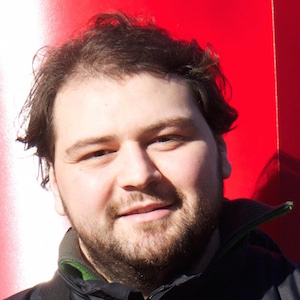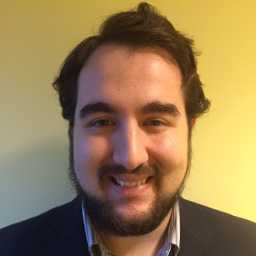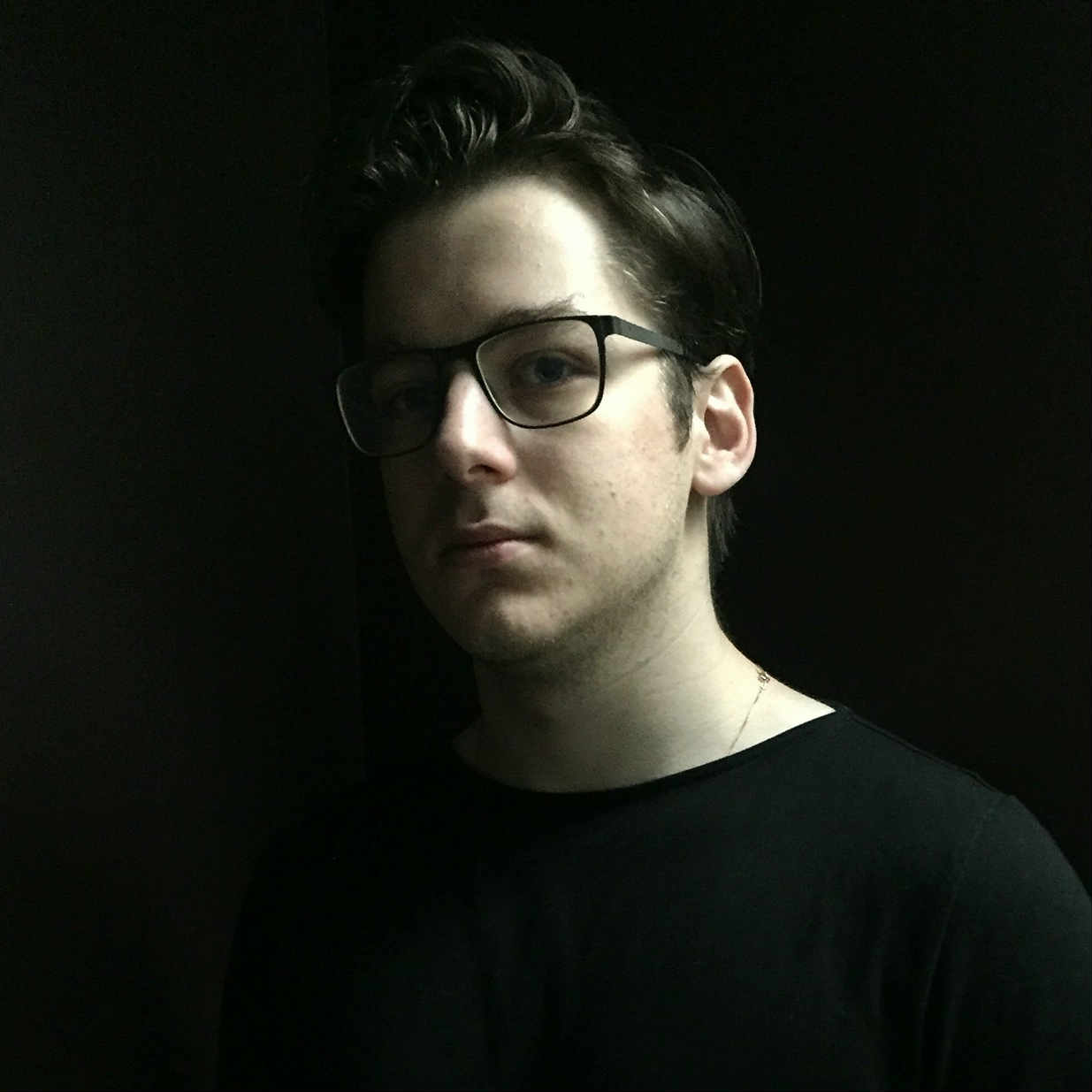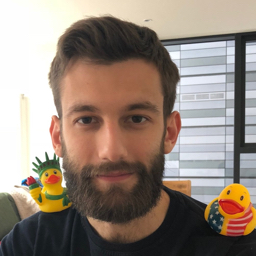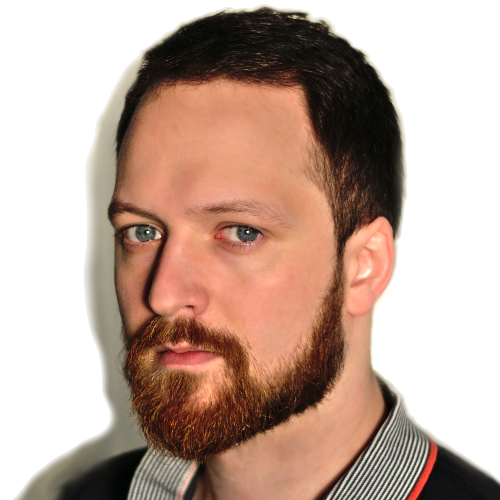Open Positions and Collaborations
We are always looking for bright and enthusiastic researchers to join our team. We have funding opportunities for PhD studies and visits/internships both at the University of Edinburgh (Christophe.Dubach@ed.ac.uk) and the University of Glasgow (Michel.Steuwer@glasgow.ac.uk). Please feel free to contact us if you are interested.


